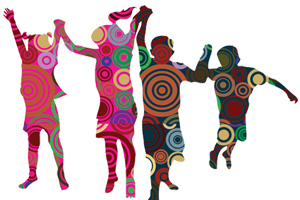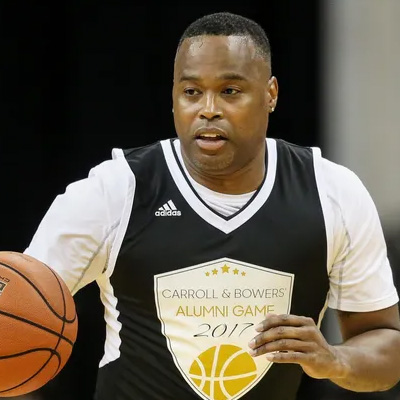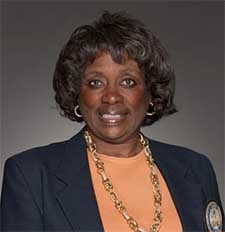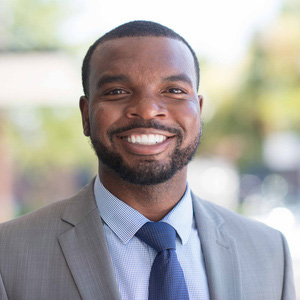Golf is often seen as a sport for the wealthy, white, and privileged, but African Americans have made significant contributions to the game. In recent years, there has been a surge of interest among African Americans in golf, and many have become prominent players, coaches, and advocates for the sport.
According to the National Golf Foundation, in 2021, 4.1 million African Americans played golf in the United States. This represents a significant increase from the 2.6 million African Americans who played golf in 2011. Despite this growth, however, African Americans still make up only a small fraction of the total number of golfers in the country.
One of the reasons for the low participation rate among African Americans is the lack of access to golf courses and equipment. Many golf courses are located in affluent areas and require expensive memberships, making it difficult for low-income individuals and families to participate. Additionally, the cost of equipment such as clubs, balls, and bags can be prohibitive for some.
Another factor contributing to the low participation rate is the lack of representation and diversity in the sport. As a result, many African Americans feel that golf is not a welcoming or inclusive environment for them. However, there are efforts being made to address these issues and increase the number of African Americans playing golf.
According to Jared Williams, Managing Director of the Golf USA Tee Time Coalition, the former college golfer who has a law degree, Jared’s role is overseeing “The Consumer Reports for Course Owners” to ensure a fair marketplace. “We also dig deep into how golf is looking outside the game to create experiences that resonate with a younger, more diverse audience.” Williams shared on the ModGolf Podcast (season 5, episode2) how he believes in “embracing technology and diversity to create a bright future for golf.”
Williams knows the golf industry well, his experience includes completing a PGA Professional Golf Management (PGM) internship at TPC Sawgrass, working with Tee Sheet Software and Point of Sale Systems in the Golf Shop at TPC Louisiana, working on the Diversity Taskforce and in the legal department of the LPGA, and working for the American Junior Golf Association.
Another advocate for diversity in golf is Renee Powell, the second African American woman to play on the LPGA Tour. She now runs the Clearview Legacy Foundation, which promotes diversity and inclusion in the sport. Powell believes that golf can be a vehicle for social change and that it is important to break down barriers to participation. In an interview with Golf.com, Powell said, “We want to make golf accessible to everyone, regardless of their background or income level.”
Finally, Melvin Booker, a former NBA player and avid golfer, believes that golf can have a positive impact on the African American community. He has been involved in various initiatives to introduce young African Americans to the sport and believes that it can teach valuable life skills. In an interview with Black Enterprise, Booker said, “Golf teaches discipline, focus, and patience, and those are skills that can be applied to all areas of life.”
In conclusion, while the number of African Americans playing golf has increased in recent years, there is still much work to be done to make the sport more inclusive and accessible. Efforts to increase representation, provide access to courses and equipment, and promote diversity and inclusion are critical to expanding participation and ensuring that golf remains a vibrant and diverse sport.





